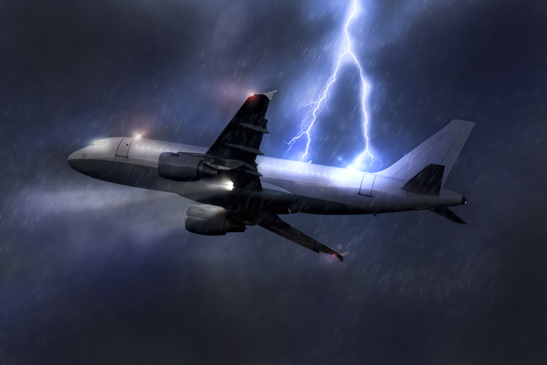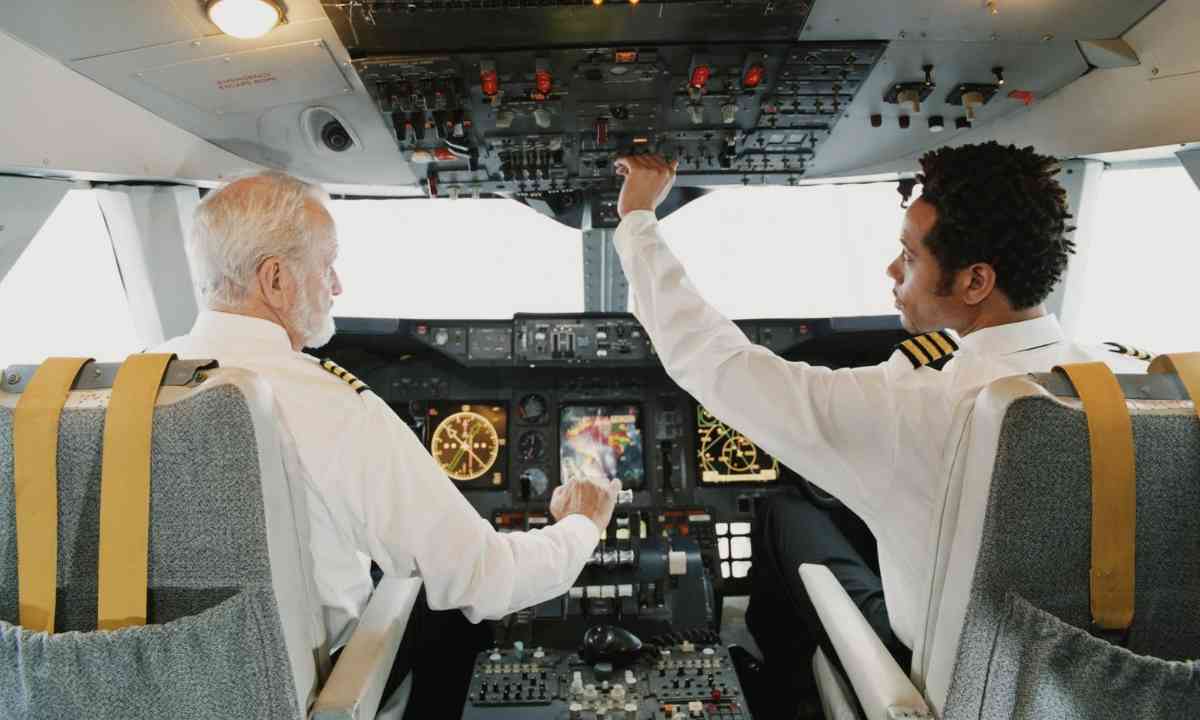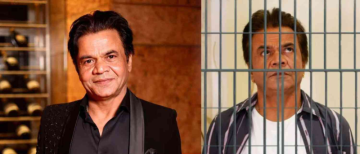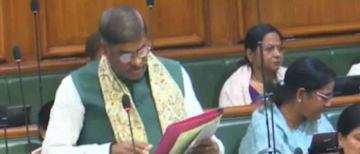Pilots hold great responsibility for the safety of passengers and crew onboard an aircraft. However, there may be situations where pilots feel compelled to refuse to fly due to certain circumstances.
The Directorate General of Civil Aviation (DGCA) oversees civil aviation operations in many countries, including India, and has established rules and guidelines that govern the aviation industry. These regulations encompass various aspects of flight safety, including pilot rights and responsibilities.
Under DGCA regulations, pilots have the right to refuse to fly under specific circumstances. The primary concern is the safety of the flight. If a pilot believes that operating the aircraft may jeopardize the safety of the passengers, crew, or the aircraft itself, they can exercise their right to refuse to fly.

Pilots have the right to refuse to fly when there are concerns about aircraft maintenance, adverse weather conditions, fatigue or illness, operational limitations, or issues with crew resource management.
When a pilot decides to refuse to fly, it is important to follow the reporting process as stated by the airline and regulatory authorities. This typically involves notifying the airline operations team and providing a detailed explanation of the concerns that led to the decision. The airline and the DGCA will then investigate the matter to ensure the safety regulations.
Pilots' authority to refuse to fly is recognized by the DGCA under specific circumstances. By following the regulations and responsibly exercising their rights, pilots contribute to maintaining the highest safety standards in the aviation industry.
© Copyright 2023. All Rights Reserved Powered by Vygr Media.





















